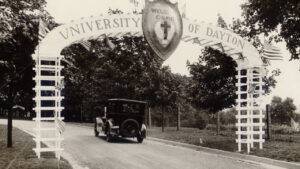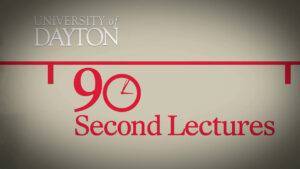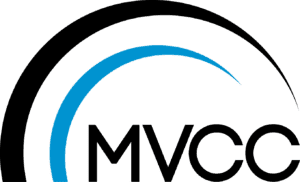University of Dayton Programming to Begin on EATV Channel 21 in 2022
The University of Dayton strives to link learning and scholarship with leadership and service. That mission takes the next step thanks to a collaborative effort with the Miami Valley Communications Council (MVCC) to share television programming on Educational Access Channel EATV21 starting in 2022.
Programs such as A Promise Fulfilled and 90-Second Lectures, along with presentations and documentaries, are just some of the shows that will begin cablecasting on the channel. Plans for additional future content are underway as well.
Interested in the founding of the University of Dayton or the a cappella group Flying Solos? Watch these features on EATV21. For schedule dates and times, visit www.mvcc.video.
In the past year, MVCC has also established programming agreements with the Dayton Veterans Affairs Medical Center, Five Rivers Metroparks, Washington-Centerville Public Library and Washington Township. For more information, go to www.mvcc.net.



